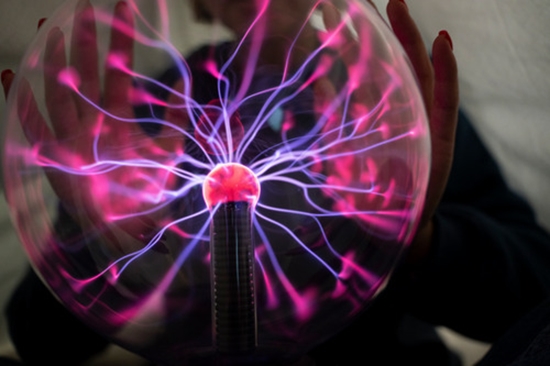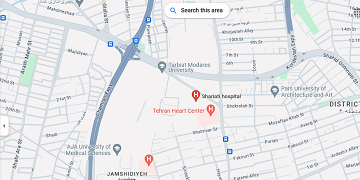Purmorphamine as a Shh Signaling Activator Small Molecule Promotes Motor Neuron Differentiation of Mesenchymal Stem Cells Cultured on Nanofibrous PCL Scaffold

Abstract
There is variety of stem cell sources but problems in ethical issues, contamination, and normal karyotype cause many limitations in obtaining and using these cells. The cells in Wharton’s jelly region of umbilical cord are abundant and available stem cells with low immunological incompatibility, which could be considered for cell replacement therapy. Small molecules have been presented as less expensive biologically active compounds that can regulate different developmental process. Purmorphamine (PMA) is a small molecule that, according to some studies, possesses certain differentiation effects. In this study, we investigated the effect of the PMA on Wharton’s jelly mesenchymal stem cell (WJ-MSC) differentiation into motor neuronal lineages instead of sonic hedgehog (Shh) on PCL scaffold. After exposing to induction media for 15 days, the cells were characterized for expression of motor neuron markers including PAX6, NF-H, Islet1, HB9, and choline acetyl transferase (ChAT) by quantitative reverse transcription (PCR) and immunocytochemistry. Our results demonstrated that induced WJ-MSCs with PMA could significantly express motor neuron markers in RNA and protein levels 15 days post induction. These results suggested that WJ-MSCs can differentiate to motor neuron-like cells with PMA on PCL scaffold and might provide a potential source in cell therapy for nervous system.




Send to friends